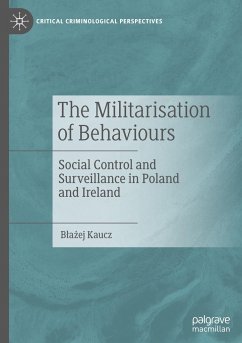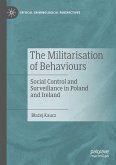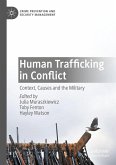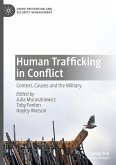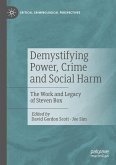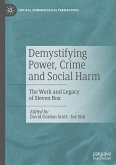This book examines how historical military influences can become embedded and used by the state to control citizens' behaviour, termed the militarisation of behaviours. It refers to the treatment of citizens by their state in a manner resembling the treatment of soldiers by the army. The militarisation of behaviours is a process of mass social control where the state exercises its powers over the population, blurring the boundaries between a dichotomous divide of civilian and military life. This book focuses on the social process of how Polish post-WWII emergency legislation was normalised and how through it the Polish communist state (from 1943/4 until 1989) introduced and enforced the process of militarisation of behaviours. It discusses the impact of the emergency legislation on the Republic of Ireland as a comparison. It offers a useful lens to understand the social and political processes happening currently in Poland, Ireland, and elsewhere, with the increasing influence ofthe (far) right. This book is situated in the framework of criminology and socio-legal studies.
Bitte wählen Sie Ihr Anliegen aus.
Rechnungen
Retourenschein anfordern
Bestellstatus
Storno

